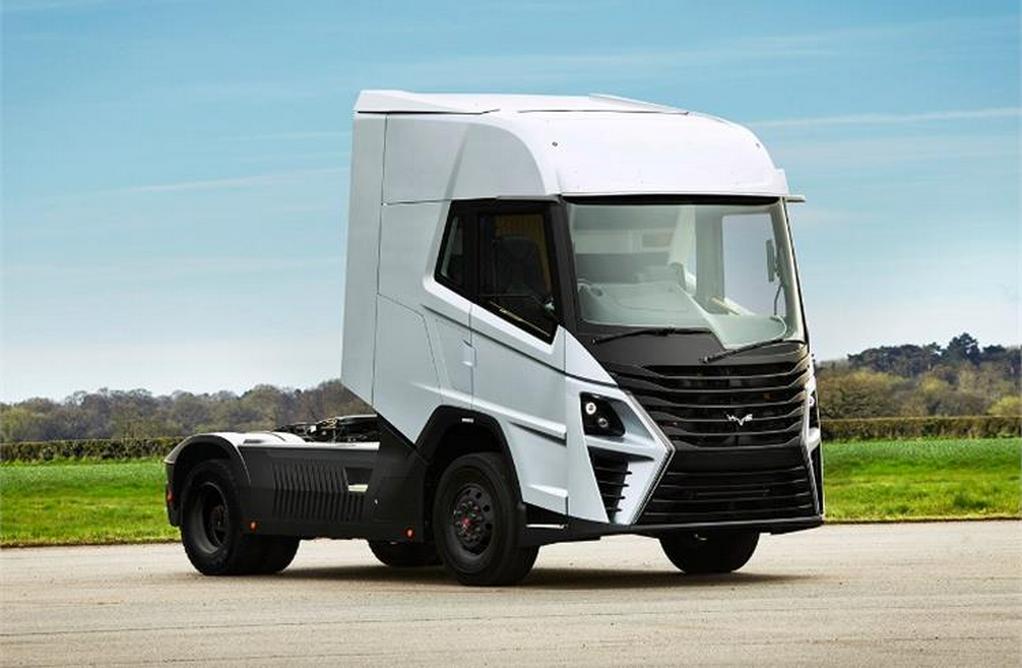First Hydrogen has revealed its fuel-cell-powered light commercial vehicles (LCV) currently being trialled are performing ‘better than expected’.
Fleet management provider Rivus is evaluating the operation trials, which in its first phase of commissioning, saw the LCVs accumulate over 6,000km on UK roads. The mileage enables First Hydrogen to gather performance data, such as fuel consumption.
The company states the vehicle is performing with “excellent efficiency” in both urban, extra urban and highway operations, and the data logging supports the vehicle range simulations, which exceed a 500km range. The trials also draw comparisons between battery electric and diesel or petrol-powered vehicles.
Onboard telematics and a GPS tracker upload vehicle data to the cloud, allowing First Hydrogen engineers to have close to real-time analysis, enabling them to monitor vehicle performance, prevent potential issues and make sure it is secure.
The trial technology will remain onboard throughout the commissioning process, which includes the programme of operational trials established with members of the UK Aggregated Hydrogen Freight Association (AHFC) including Rivus.
Rivus’ drivers will also test the vehicle performance with different payloads around roads in Birmingham, the West Midlands and South Yorkshire.
The two companies partnered earlier this year to begin operational trials. The partnership began with a driver training day hosted by First Hydrogen and AVL at HORIBA MIRA’s ground in Coventry.
Tags: First Hydrogen, LCV, UK



Recent Posts
Port of Brisbane Unveils Vision 2060 to Drive Smarter, Cleaner, and More Connected Future
Wärtsilä to Deliver Hybrid Propulsion Systems for Vertom Group’s New Low-Emission Vessels
Latvian port receives electric Konecranes Gottwald Mobile Harbor Crane
Sustainable Ocean Economy Vital for Human Development, Says UNDP at UN Ocean Conference
Green Hydrogen Costs in India Could Drop by 40%, Says IEEFA-JMK Report
Cavotec Secures €1.55 Million Shore Power Contract for Port of Antwerp-Bruges
APM Terminals and SANY Marine sign landmark agreement to accelerate decarbonisation
The Port of Gothenburg takes big step towards shore power connection for container and car/RoRo vessels